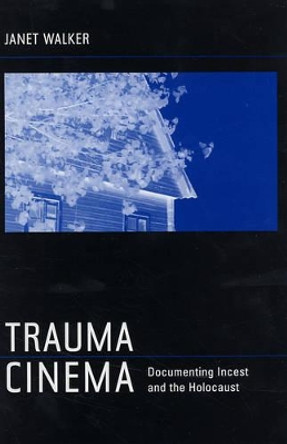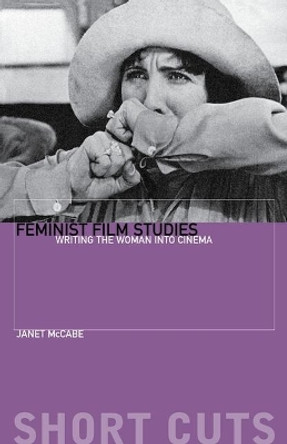Fantasy has had a modern resurgence in cinema due largely to the success of superhero narratives and the two major fantasy series, the Lord of the Rings and Harry Potter. Often regarded as mere escapism, works of both literature and cinema wishing to be taken seriously by the public, by critics and by academics have tended to shelter under the euphemistic umbrella of Magic Realism and, until very recently, there has been a general lack of serious academic work concerned with fantasy as a genre. This volume explores the way in which music and sound articulate the fantastic in cinema and contribute to the creation of fantasy narratives. Apart from the accusation of frivolous escapism that attaches itself to the fantasy genre, another issue is the lack of a single and simple definition of what fantasy is: the consensus of academic opinion appears to be that fantasy invokes the magical within its narratives as the means by which to achieve what would be impossible in our own reality, as compared to sci-fi's as-yet unknown technologies and horror's dark and deadly supernatural forces. Fantasy remains problematic, however, because it defies many of the conventional mechanisms by which genre is defined such as setting, mood and audience. In a way quite unlike its co-genres, fantasy moves with infinite flexibility between locations - the world (almost) as we know it, historical, futuristic or mythic locations; between moods - heroic, epic, magical; and between audiences - children, teens, adults. In English-language cinema, it encompasses the grand mythic narratives of Lord of the Rings, Legend and The Seventh Voyage of Sinbad, the heroic narratives of Superman, Flash Gordon and Indiana Jones and the magical narratives of Labyrinth, Edward Scissorhands and the Harry Potter series, to name just some of films that typify the variety that the genre offers. What these films all have in common is a requirement that the audience accepts the a fundamental break with reality within the diegesis of the filmic narrative, and embraces magic in its many and various forms, sometimes benign, sometimes not. This volume examines music in fantasy cinema across a broad historical perspective, from Bernard Herrmann's scores for Ray Harryhausen, through the popular music scores of the 1980s to contemporary scores for films such as The Mummy and the Harry Potter series, allowing the reader to see not only the way that the musical strategies of fantasy scoring have changed over time but also to appreciate the inventiveness of composers such as Bernard Herrmann, John Williams, Jerry Goldsmith, Danny Elfman and Elliot Goldenthal, and popular musicians such as Queen and David Bowie in evoking the mythic, the magical and the monstrous in their music for fantasy film.
About the AuthorJanet K. Halfyard is a Senior Academic in Music at Birmingham Conservatoire. She has published widely on film and television music, particularly in relation to horror and fantasy genres. Her publications include Danny Elfman's Batman: a film score guide (Scarecrow, 2004) and Music, Sound and Silence in Buffy the Vampire Slayer (Ashgate, 2010).
Reviews"The collection is outstanding; its overall quality and breadth of content, methods, and interpretive strategies are particularly well demonstrated in essays by Alexander Binns, Mark Brill, Victoria Hancock and Halfyard, Philip Hayward, Jamie Webster, and Ben Winters. This excellent volume could also serve as a textbook for a seminar in film music. Summing Up: Highly recommended. All readers." Choice, June 2013 "Most of the topics within this volume are not those typically used in film music textbooks or broader-based publications,and this is perhaps its greatest strength... If one is interested in the genre of fantasy, is looking for supplemental material that is off the beaten path, or is simply interested in a few of the movies discussed here, this book deserves a look." Notes: Quarterly Journal of the Music Library Association, 2013
Book InformationISBN 9781781791004
Author Janet HalfyardFormat Paperback
Page Count 256
Imprint Equinox Publishing LtdPublisher Equinox Publishing Ltd











